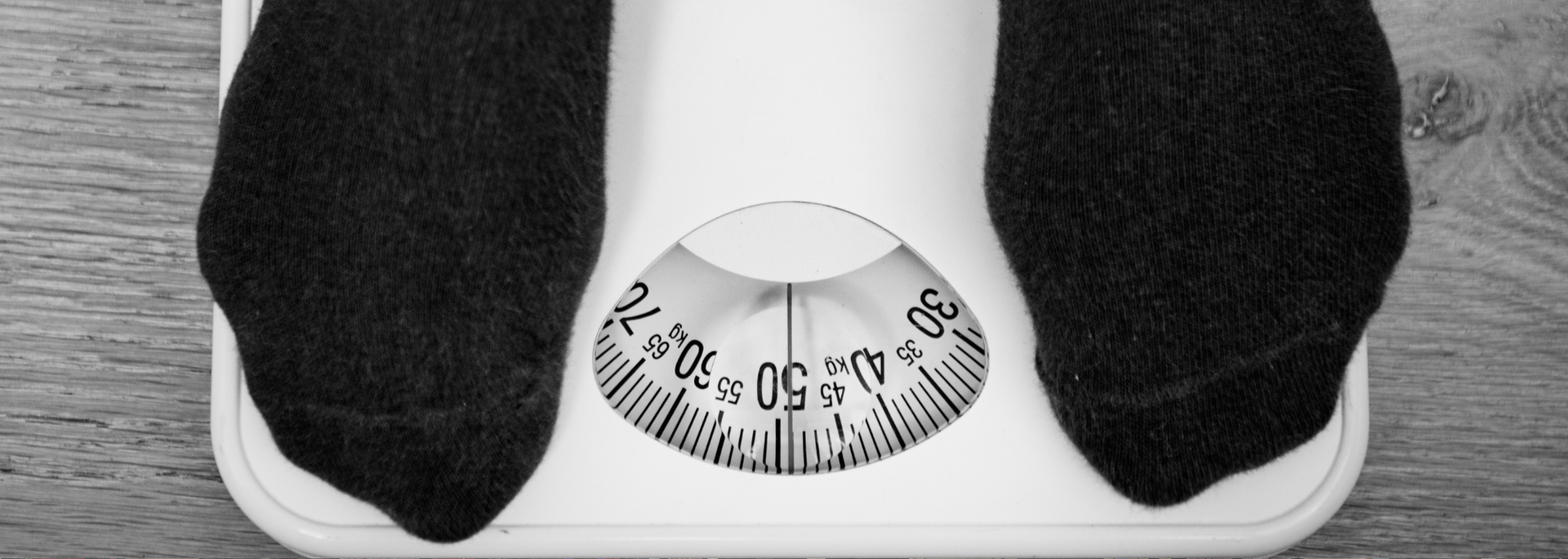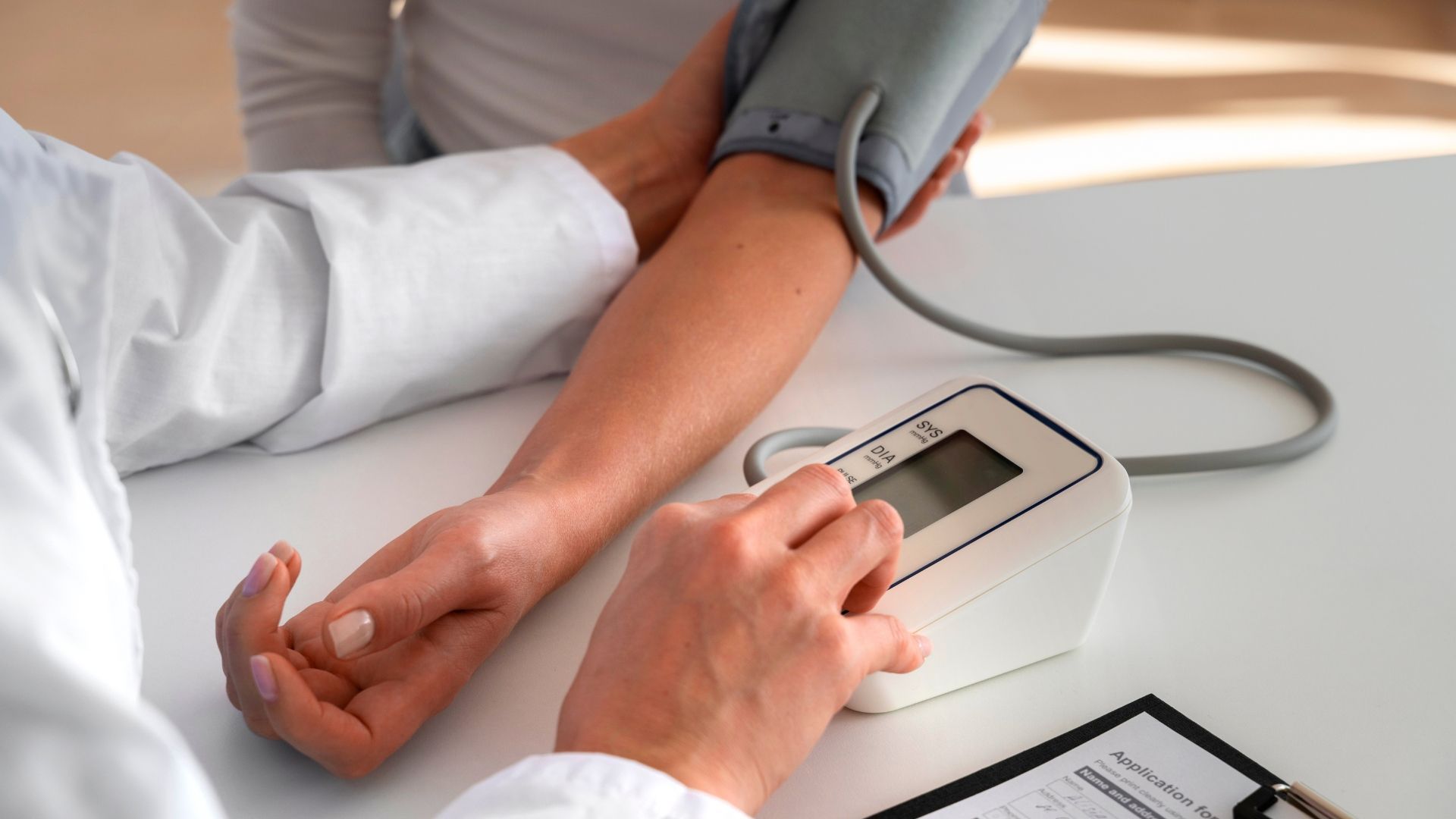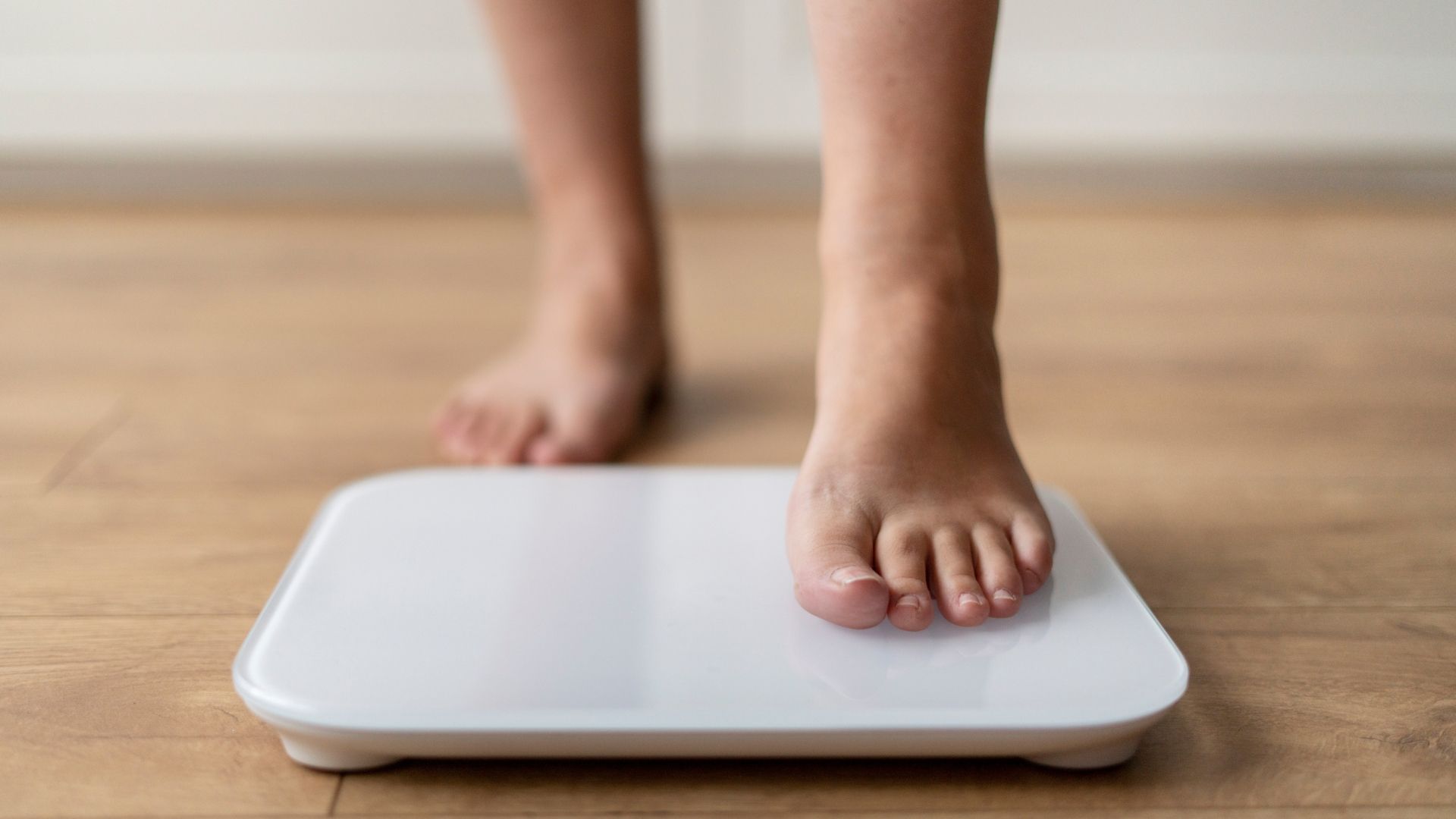Is there such a thing as 'Wegovy face'?
You may have heard about 'Ozempic face' or 'Wegovy face'. But is it real? Get the facts in our guide.

If you've spent time researching GLP-1 weight loss drugs like Wegovy and Mounjaro, you may have heard of a curious phenomenon.
Some call it 'Wegovy face'. Others use 'Mounjaro face' or, most popularly, 'Ozempic face' – after the type 2 diabetes drug some doctors prescribe for weight loss.
It's not dangerous by any means. However, its symptoms – sagging facial skin, increased wrinkles and a hollowed-out appearance – can still be concerning for those who experience them.
But is it worth worrying about? And is 'Wegovy face' even a real condition?
Well, first up, 'Wegovy face' is not a medical term – nor is it a helpful one. Many would argue it trivialises very real issues associated with obesity, contributes to stigma and plays into harmful rhetoric around body image and weight loss.
That said, some Wegovy and Mounjaro users do notice changes to their faces after rapid weight loss. The symptoms are real – but, crucially, they're not unique to Wegovy and Mounjaro.
To understand why, let's start by looking at GLP-1 drugs and what they do to the body.
How Wegovy and Mounjaro work
GLP-1 weight loss drugs have become extremely popular – and for good reason. For people living with obesity, these medications are among the fastest and most effective ways to lose weight.
Over a full course of treatment, Wegovy is shown to cause an average of 15% weight loss when taken along with diet and exercise. Mounjaro users, meanwhile, can expect to lose 21% of their body weight under similar conditions.
The drugs work by mimicking a natural hormone in the body – or, in Mounjaro's case, two hormones. These hormones help regulate several body functions, including blood sugar levels, digestion and satiety (feeling full).
By impersonating these hormones, GLP-1 weight loss drugs make those bodily functions work harder. This has several benefits:
- You feel full for longer.
- Your digestion slows down.
- Your metabolism gets a boost.
- You're less likely to crave snacks between meals.
When you add up these benefits, it's clear why Wegovy and Mounjaro are so effective. Losing weight on GLP-1 medications is still about eating better and exercising more – but the drugs give users a huge helping hand in developing these habits.

However, this doesn't explain why some users experience the so-called 'Wegovy face'. How can medications that work on the gut cause changes to a person's face?
The answer: they don't – at least not directly. Sagging skin is not a side effect of Wegovy or Mounjaro. However, it can be a side effect of rapid weight loss.
How weight loss can affect your face
As we've covered before, weight loss can cause sagging skin.
That's because excess body fat can stretch the skin and weaken the structures that help keep it tight and elastic. If we lose weight quickly, these damaged structures may not heal properly. The result is sagging, wrinkly skin that feels loose and floppy.
You've probably seen this happen to people who have lost lots of weight. They can end up with folds of loose skin around the arms, legs and, especially, the stomach.
It can also happen to a person's face. If it does, they may notice some of the characteristic symptoms of 'Wegovy face':
- More visible signs of ageing, including more wrinkles
- Sunken-looking eyes
- Sagging skin around the neck and jaw (jowls)
- A hollowed-out appearance
Weight loss isn't the only culprit. Other factors, such as age and genetics, can make loose skin more pronounced after you lose weight.
However, perhaps the most critical factor is how quickly you lose weight. Crash diets, for instance, are much more likely to cause rapid, unhealthy weight loss than following a healthy eating and exercise plan.
GLP-1 drugs should, in most cases, help you lose weight at a steady, sensible pace. However, rapid weight loss can occur, especially if you don't have the right supervision and support. That's why it's important to follow a medical weight loss plan supervised by real healthcare experts.
How to prevent 'Wegovy face'
1. Aim to lose weight at a steady pace
When you join the SemaPen programme, you get a set of smart digital scales that upload your progress to the cloud. If we think you're losing weight too quickly, one of our experts will reach out to help. We might suggest lifestyle changes, for instance, or switch you to a lower dose.

If you have any concerns, it's easy to get in touch with our team using the SemaPen app.
2. Stay hydrated
Your skin needs water to stay tight, elastic and healthy. Make sure to drink plenty of healthy fluids throughout the day.
3. Eat enough calories
Wegovy and Mounjaro affect everyone differently. Some users find it easy to maintain a healthy calorie intake, while others can lose much of their desire to eat. This doesn't mean they stop enjoying food – rather, they feel full after not eating very much.
However, eating too little can cause problems – including losing weight too quickly. That's why it's worth keeping a food diary to track how many calories you eat each day.
4. Eat the right calories
It's important to eat enough calories so you lose weight at a good rate. However, you should also make sure you're eating the right kinds of foods.
A diet rich in sugars and saturated fats can be harmful to skin health and elasticity. However, one rich in healthy fats, lean proteins and antioxidants will directly benefit your skin.
Aim to eat foods like lean meats, oily fishes, nuts, seeds, avocado fruits and vegetables. This will help keep your skin glowing. Your SemaPen dietitian can support you with this.
5. Make sure you're getting enough exercise
A steady exercise regime is crucial to healthy weight loss. And while it might not have a direct effect on your skin, it will help tighten muscles and keep you looking lean and fit.
Treatments for 'Wegovy face'
Remember that loose skin isn't dangerous. It shouldn't cause any medical problems and is considered a normal part of a person's weight loss journey.
However, if you've noticed changes to your face and these are affecting your self-esteem, it's understandable that you might want to address them.
If you fall into this camp, the good news is that there are cosmetic treatments available that can help. These include non-surgical treatments like facial fillers, plasma injections and microneedling, as well as surgical options such as implants and rhytidectomy (a facelift).
All these options come with their own risks. Be sure to do your research and speak to a trusted and qualified professional before committing to any treatment.
SemaPen is part of Phoenix Health, one of the UK's leading private bariatric specialists – and the only one trusted to provide NHS treatment. With more than 20 years of experience in helping people lose weight, we can put you on the right treatment pathway for your unique needs. That includes a range of cosmetic treatments. Please don't hesitate to get in touch if you'd like to discuss your options with our experts.
Sources
1. Wilding, J.P.H. et al. (2021) "Once-weekly semaglutide in adults with overweight or obesity" The New England Journal of Medicine, 384(11) https://doi.org/10.1056/NEJMoa2032183
2. Jastreboff, A.M. et al. (2022) "Tirzepatide Once Weekly for the Treatment of Obesity" The New England Journal of Medicine, 387(3) https://doi.org/10.1056/NEJMoa2206038
This article was reviewed by and approved by Alice Fletcher, Lead Bariatric Dietitian, on 3 April 2025.












